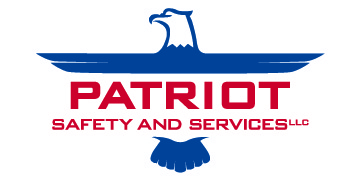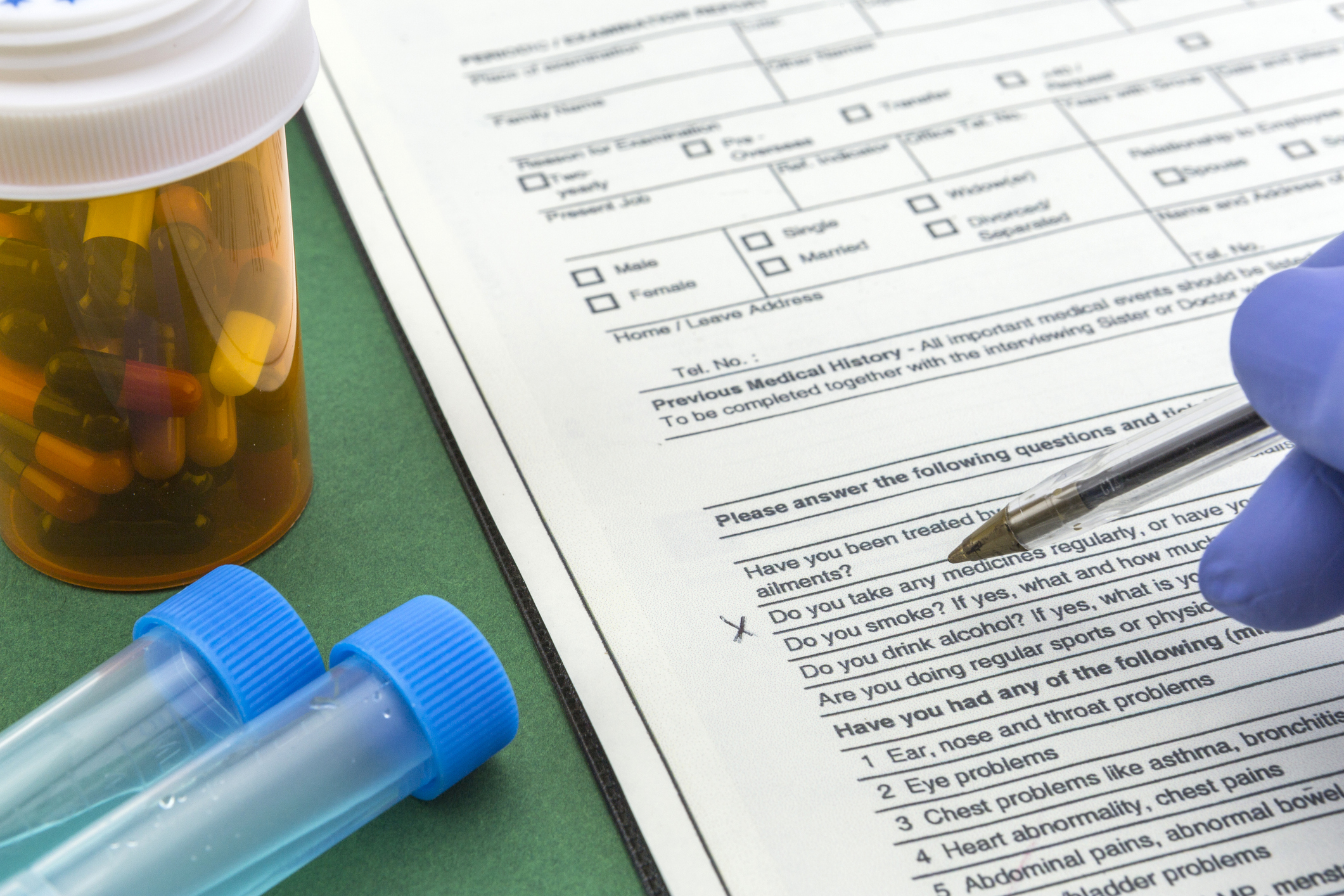The railroad industry operates on precision, discipline, and an unwavering commitment to safety. While trains and infrastructure capture most of the public’s attention, it’s the people behind the systems—engineers, conductors, signal maintainers, dispatchers—who shoulder much of the responsibility for keeping operations running smoothly and safely. That’s why the Federal Railroad Administration (FRA) requires employers to implement rigorous workforce screening programs. Through federally mandated background checks and drug testing protocols, employers can identify potential risks before they result in costly or dangerous outcomes.
For businesses regulated by the FRA, screening employees is not just a hiring best practice—it’s a compliance requirement. FRA background check and drug testing programs are designed to support the safety-sensitive nature of rail operations and provide a structured system for risk management. Employers who fail to meet these standards face more than regulatory fines; they risk incidents that can derail operations, damage reputations, and place lives at risk.
The Foundation of Rail Compliance
FRA regulations for workforce screening are outlined in 49 CFR Parts 219 and 240, among others, and apply to a wide range of roles. These include locomotive engineers, conductors, maintenance-of-way workers, signal inspectors, and any personnel performing duties that, if impaired or unqualified, could affect the safety of railroad operations. The regulations are not just broad—they’re also highly specific, particularly when it comes to the administration of drug and alcohol testing programs.
FRA background check and drug testing protocols serve a dual purpose. On one hand, they help ensure that employees are medically and behaviorally fit for duty. On the other, they help employers fulfill their obligations under federal law and maintain eligibility for contracts, certifications, and federal partnerships. Screening is not limited to a one-time event at hire. Instead, it forms part of an ongoing process that includes pre-employment checks, random testing, post-incident testing, and, when necessary, return-to-duty protocols after a violation. Patriot integrates all of these steps, including post-accident drug testing and supervisor training, to support railroad employers.
What FRA Screening Involves
A fully compliant FRA background check and drug testing process covers multiple areas of employee review. The goal is to build a complete picture of each candidate’s past behavior, professional experience, and any history of drug or alcohol violations under DOT-regulated positions. This includes a review of criminal convictions relevant to the role, particularly those involving violence, theft, or safety concerns. Equally important is verification of previous employment in DOT-regulated jobs and the retrieval of drug and alcohol testing history from the past three years, as required by law. For criminal history, Patriot’s criminal background checks fit FRA criteria precisely.
Drug testing under FRA rules must be conducted at certified laboratories, reviewed by a Medical Review Officer (MRO), and administered in accordance with specific guidelines governing chain-of-custody, specimen handling, and result reporting. Tests include pre-employment screenings as well as random selections throughout the year. In cases of accidents or observable impairment, reasonable suspicion and post-incident testing must be performed quickly and documented thoroughly. This aligns with federal regulations, as outlined by the FRA’s official guidelines.
Return-to-duty testing is also a key component of FRA programs. If an employee has previously violated a drug or alcohol policy, they must complete a substance abuse professional (SAP) program and pass a directly observed test before returning to safety-sensitive duties. This process is closely monitored and must be documented in detail to satisfy FRA inspectors and ensure the safety of future operations. Patriot offers support for these steps via their platform integrated with DOT-compliant testing services.
The Stakes of Non‑Compliance
Railroad employers face a unique challenge in balancing operational demands with regulatory obligations. While the need for skilled labor is high, particularly in fast-moving projects or contract-driven roles, the cost of cutting corners on compliance is even higher. If an FRA inspector finds that an employee was placed in a safety-sensitive role without proper background clearance or drug testing documentation, the consequences can be swift and severe. Civil penalties, audit failures, and operational shutdowns are just the beginning.
More importantly, the legal and reputational risks of hiring or retaining unqualified personnel can impact every layer of a rail operation. A preventable incident caused by an impaired or improperly vetted employee can trigger lawsuits, loss of federal funding, and long-term brand damage. The compliance burden may be significant, but the cost of non‑compliance is almost always greater.
That’s why structured, repeatable, and professionally managed FRA background check and drug testing processes are not just smart—they are essential. They allow employers to make informed decisions, document every step, and respond confidently when inspectors, auditors, or clients demand proof of regulatory adherence.
Managing the Program at Scale
For small rail maintenance companies, regional contractors, or large-scale operators, managing a comprehensive screening program presents logistical challenges. Many rail employers operate across multiple states, deploy rotating crews, or contract with short-term staff to meet project deadlines. Inconsistent policies across locations, outdated recordkeeping practices, or miscommunication between HR and operations teams can lead to compliance gaps. That’s why it’s essential to centralize the program with reliable infrastructure, experienced oversight, and digital documentation. Patriot’s nationwide TPA framework mirrors DOT-compliant systems used across industries, like FMCSA and FAA, making auditing straightforward.
Partnering with a provider that understands the nuances of FRA regulations allows rail employers to implement uniform standards across the board. Whether onboarding a signal technician in Texas or dispatching a mobile testing team to a job site in Georgia, having a single system in place ensures nothing is missed. It also provides built-in continuity, so that all documentation, communication, and compliance tracking happens in one place—accessible, secure, and ready for audit review at any time.
The Patriot Advantage
Patriot Safety and Services specializes in delivering end-to-end support for FRA-regulated employers. Our approach to FRA background check and drug testing is designed to eliminate guesswork, reduce administrative load, and ensure full alignment with federal regulations. From policy development to day-to-day execution, our team helps clients implement testing protocols that work reliably, even in dynamic or high-pressure operating environments.
Our process begins with a review of each client’s workforce and operational structure. We help identify who falls under FRA regulation, determine testing schedules, and create workflows for pre-employment, random, and post‑incident testing. We also manage the retrieval of prior testing history, coordinate directly with certified labs, and ensure all tests are reviewed by a qualified MRO. Records are stored digitally in secure, audit-ready formats, making it easy to respond to inspections or produce documentation on demand.
Mobile testing, emergency response, and supervisor training are all included in our comprehensive service model. Whether you’re a contractor supporting a Class I railroad or a local operator managing a commuter line, Patriot’s infrastructure allows you to maintain a consistent, compliant program at scale. We also integrate with TPA consortium services to cover multi-employer pool requirements.
Supporting Long‑Term Safety and Success
The safety culture of the railroad industry depends on vigilance, training, and enforcement. FRA background check and drug testing programs reinforce those values by preventing unqualified individuals from slipping through the cracks. They also promote employee accountability and reinforce a commitment to safety at every level of the organization.
While these programs may require upfront planning and ongoing management, they offer long‑term value by protecting your workforce, your contracts, and your reputation. With the right systems and support in place, compliance becomes second nature—not a scramble to meet inspection deadlines.
Patriot Safety and Services works with employers across the transportation and infrastructure sectors to build, manage, and optimize workforce compliance programs. Our expertise in FRA regulations and our nationwide testing capabilities make us a trusted partner for companies that understand the stakes and value proactive risk management.




